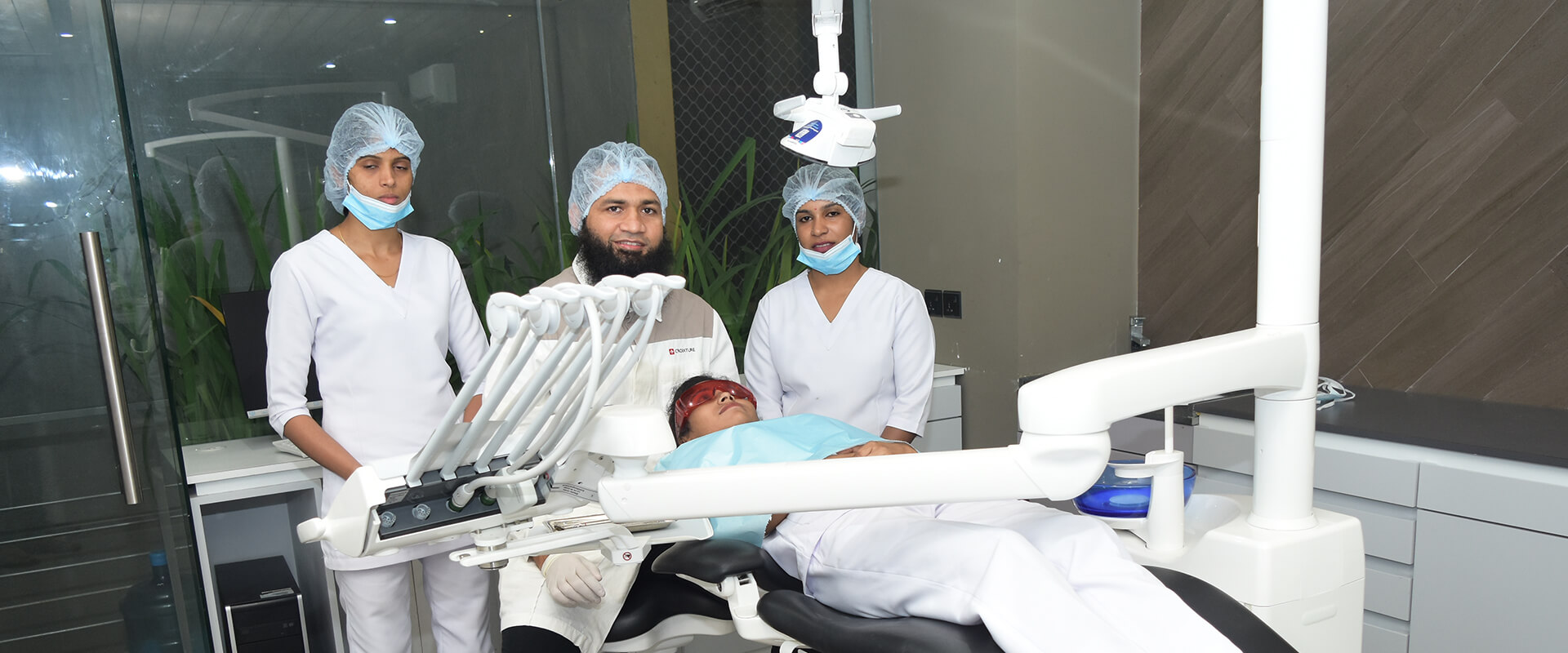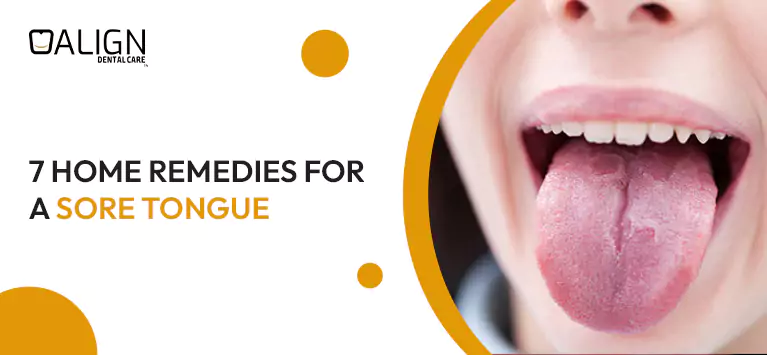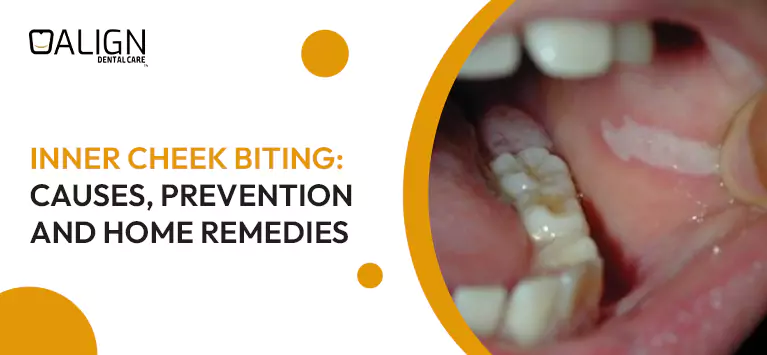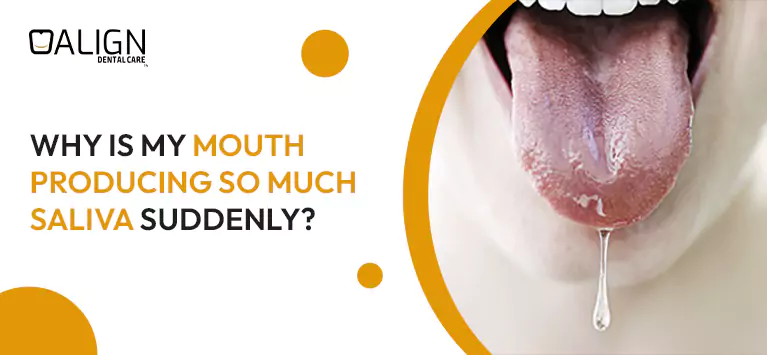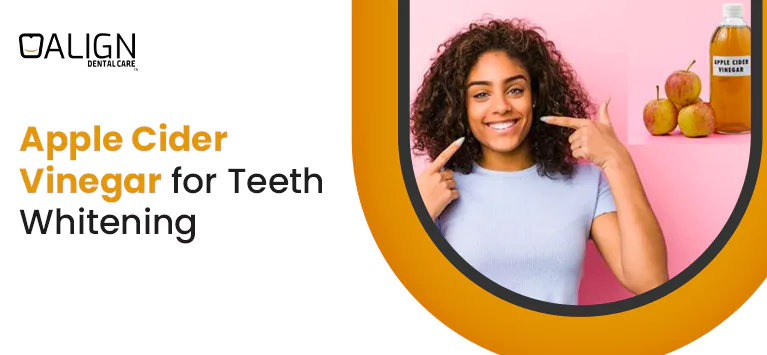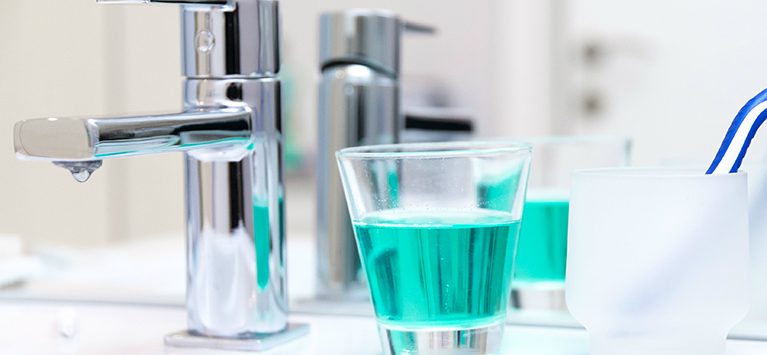
Negativities of ordinary mouthwashes
Using mouthwash is known to keep breath fresh and avoid the build-up of various bacteria in between the corners of the teeth. There are different types of mouthwashes available in the market such as everyday-care formulas, alcohol-free variants, and herbal blends, all of which are designed to promote oral health, good hygiene and fresh breath. Rinsing with mouthwash is done in order to keep breath fresh and prevent the build-up of bacteria, cavities, and plaque in the mouth.
While it helps in promoting good oral health, using ordinary mouthwash can also have risks and dangers. Let’s look at each of them.
1)Irritation of Canker Sore
Generally, mouthwash can help heal canker sores. However, when you use a type of mouthwash with high alcohol content, it can do more harm than good and further irritate your canker sores in the process.
2) A Superficial Mask to Bad Oral Hygiene
Mouthwash is just a part of the whole process of taking care of your oral health. Sure, you can use it to conceal bad breath, but the effects will not last long and it will not treat problems from the root cause. If you want to improve your hygiene, visit your dentist regularly and employ healthy oral habits such as tooth brushing, flossing, tongue cleaning and rinsing with mouthwash.
3) Dry Mouth
It may cause dry mouth. Regular or excessive use of alcohol-based mouthwashes can dry out your mouth, which can lead to tooth sensitivity, bad breath, and even cavities. Conventional mouthwash may taste good, but they don’t actually reverse halitosis. Because the alcohol in mouthwash dries out your oral environment, you inadvertently rob your mouth of the saliva and good bacteria it needs to manage breath.
4) Alcohol Content
Mouthwash with high alcohol content can cause damage to delicate mucus membranes in the mouth. It may have strong antibacterial properties, but they can also irritate the tissues in the mouth.
5) Stain and Discoloration
Some types of mouthwashes have chlorhexidine gluconate. This ingredient helps prevent bacterial growth, but in some cases, it may cause discoloration on the teeth. Chlorhexidine gluconate can cause teeth stains when it gets in contact with food additives in the mouth.
6) Health Hazards for Children
Children can suffer from convulsion or comatose when they ingest mouthwash accidentally. That’s why children between the age of six and 12 should only use mouthwash in the presence of an adult.
Always read the labels carefully and the benefits they provide when selecting a mouthwash. There are mouthwashes now that are alcohol free so make sure to pay attention to the label. Most mouthwashes contain some amount of fluoride and this helps reduce tooth decay and prevent cavities. An antimicrobial is another common ingredient that helps to kill bacteria that cause bad breath, plaque and gingivitis and inflammation of the gums in the early stages of gum disease. Mouthwash clearly offers certain benefits, but it should not be used as a substitute for tooth brushing. Even though mouth rinse can be helpful in lessening the risk of periodontal disease and cavities, they should always be used in conjunction with good hygiene habits.





